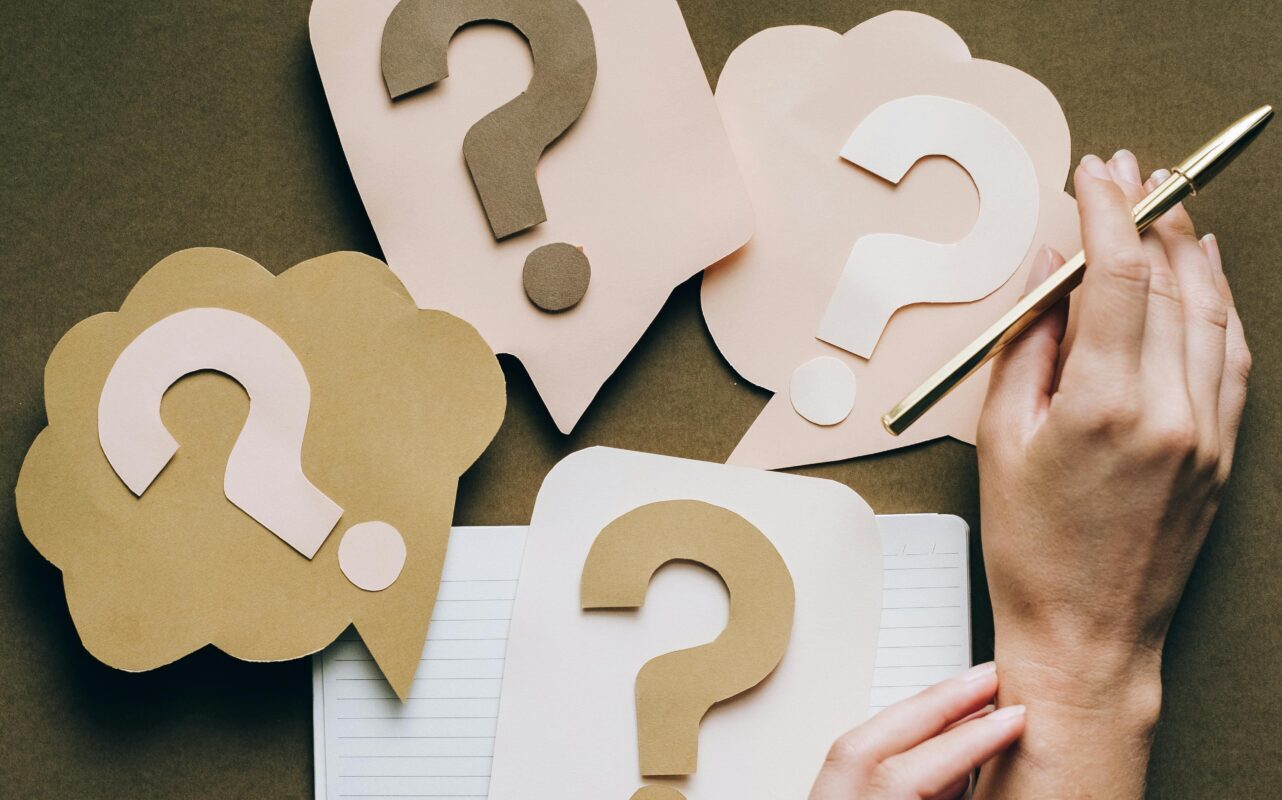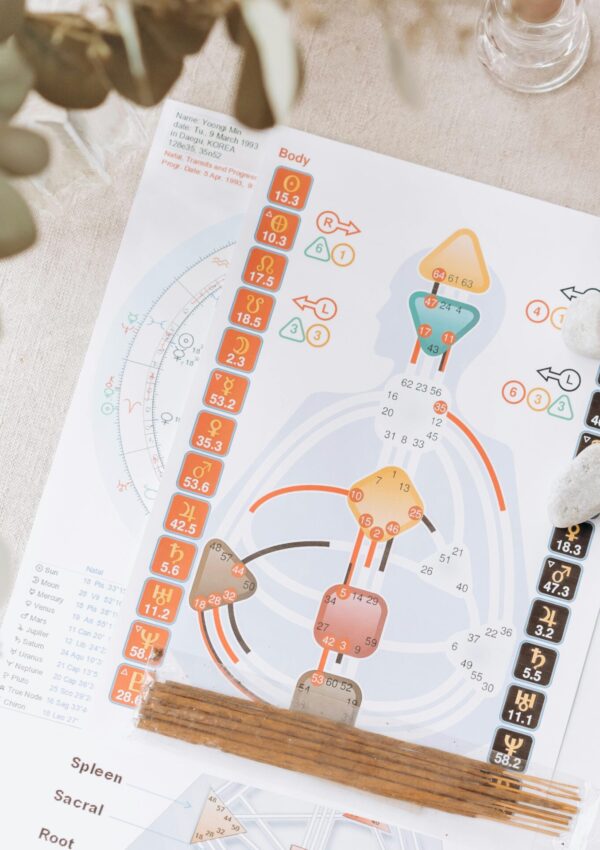 Cultivating self-awareness is a crucial step to becoming a better leader, co-worker, friend, life partner, parent, etc. Being aware of our triggers, reactions, and responses can help our relationships become much more collaborative and respectful.
Cultivating self-awareness is a crucial step to becoming a better leader, co-worker, friend, life partner, parent, etc. Being aware of our triggers, reactions, and responses can help our relationships become much more collaborative and respectful.
Having an objective view of ourselves can be challenging since we know the thoughts and intentions behind our words and actions. However, we may not realize how we might be coming off to those around us. Self-awareness research has shown that out of the people who claim to have a solid dose of self-awareness, only about 10-15% of those people actually do.
Below, we’ll go over some strategies to further cultivate your self-awareness.
Take A Personality Test–
Many of us have a general idea about who we are as people. Introverted, extroverted, funny, optimistic, pessimistic, etc. Take this a step further by diving deeper into your personality with a popular test.
The Myers-Briggs personality test groups users into 16 different personality types. The Big Five Personality Test is said to be the most scientifically accurate of all tests out there. If you’re into astrology, dive into your astrological birth chart and see if anything there makes sense for you.
While you don’t need to take any of these results 100% to heart, it can be fun and interesting to see what comes up. Stay curious and learn what makes you tick so that you can authentically show up in ways that align with your core values.
Ask for Feedback–
Not everyone is poised when it comes to taking constructive criticism. It’s not easy to have someone point out things about you that need improvement. However, when you can take a step back and objectively view yourself without getting your feelings hurt, you are more likely to make the necessary changes that will help you to improve in any area.
Ask someone you trust to point out a few things about your personality and life that need work. Don’t take it to heart, get defensive, say nasty things back, or shut down for the rest of the day. Take what they’ve said into consideration and reflect on why you do things the way you do. Ask yourself how your life could be improved if you made slight adjustments.
Having your flaws pointed out to you might bruise your ego for a minute. Those who don’t get too into their feelings about it and take the advice for what it is will have an easier time taking the steps to create positive change.
Journal–
 Journaling is a fantastic way to get the jumbled thoughts in your head out and onto paper. Often, there’s too much going on upstairs to decipher and understand it. By journaling, you can view the way your brain operates in a new way.
Journaling is a fantastic way to get the jumbled thoughts in your head out and onto paper. Often, there’s too much going on upstairs to decipher and understand it. By journaling, you can view the way your brain operates in a new way.
Journaling first thing in the morning, aptly named “morning pages,” includes writing three longhand, freeform pages of “conscious stream” writing. Write down any random or crazy thoughts that pop into your head. You don’t need to look at these pages again unless you want to. Throw them out or keep them in a secret spot where no one will find them.
This brain dump helps to release the clutter from your mind that can cloud your judgments and opinions. If your mornings are already busy, do this at night or anytime you have around 20 minutes to spare. If you have a different or preferred journaling method, then do that. Maybe finding thought-probing questions online and elaborating on them is more your style.
Whichever route you take, journaling is an amazing tool to view the way you operate through a different lens. Some like to look at old journal entries to see how they used to see things, and some like to write and never look back. Both ways can be of value depending on what you’re looking to get out of the practice.
Meditate–
 Meditation is always recommended for your mental, emotional, and spiritual well-being. People are constantly wanting their turn to speak, turn to lead, turn to go out and do. However, when we can spend just as much time turning inwards, how we show up outwardly will be much more positive and impactful.
Meditation is always recommended for your mental, emotional, and spiritual well-being. People are constantly wanting their turn to speak, turn to lead, turn to go out and do. However, when we can spend just as much time turning inwards, how we show up outwardly will be much more positive and impactful.
By meditating, we attempt to quiet the mind and focus on our breathing and body without trying to change anything.
You can do this in silence, listen to background music, chant, or follow a guided meditation. Choose your own adventure when it comes to meditating. By practicing meditation regularly, you’ll learn to be less reactive, more objective, and have a lesser desire to control the things and people around you. These qualities tend to follow those with greater self-awareness. As you can see, cultivating self-awareness and certain practices go hand in hand.
Practice Active Listening–
People frequently listen to others’ stories, thoughts, and opinions, not to soak in the information but to instantly respond with their two cents. When someone is speaking, try to take in what they’re saying without instantly formulating a rebuttal. This is called active listening and can help you gain a deeper understanding of what the other person is thinking and feeling, rather than thinking about what you’re going to say next.
Apologize–
 Apologizing can be tough because it insinuates that you were in the wrong. Here’s a little secret… everyone is going to be in the wrong about something on a regular basis. Even the world’s smartest people won’t be right 100% of the time.
Apologizing can be tough because it insinuates that you were in the wrong. Here’s a little secret… everyone is going to be in the wrong about something on a regular basis. Even the world’s smartest people won’t be right 100% of the time.
It takes a certain level of self-awareness to own up to things you said or did wrong. It shows that you’re not afraid to admit when you made a mistake and will learn and grow from it going forward.
This doesn’t include saying sorry to appease someone, but if you genuinely feel you need to. This practice will hopefully increase the respect level of those around you and will show that you’re self-aware, you aren’t afraid of admitting your faults, and you are committed to continuously growing and learning from your mistakes.
Get Curious–
 We can all feel insecure about the shortcomings in our personalities. We wish we were more confident like this person, or we wish we could talk ourselves out of any situation like that person. When we let down judgments of ourselves and instead get curious about who we are and why, we can get to the bottom of why we are the way we are without the guilt and shame attached to it.
We can all feel insecure about the shortcomings in our personalities. We wish we were more confident like this person, or we wish we could talk ourselves out of any situation like that person. When we let down judgments of ourselves and instead get curious about who we are and why, we can get to the bottom of why we are the way we are without the guilt and shame attached to it.
Reframe your mind to get curious about how you come across to others without getting emotions involved. When you remove the emotional bias, you will likely have an easier time getting to the root of certain issues and come up with creative solutions to solve them.
Know your Triggers–
Triggers are the things in other people that trigger an emotional reaction in us, many times subconsciously. Your mother could’ve told you all your life that you were beautiful but not very smart. Now, when someone brings up the conversation of intelligence, no matter what they have to say, you immediately prepare to be on the defensive.
This doesn’t necessarily mean that whoever you’re speaking to has nasty intentions, but the lifetime of comments from your mother has made the topic an instant trigger. This doesn’t have much to do with whoever you’re speaking to, but more with the damage to your self-confidence.
When we learn to identify our triggers, we can begin to unravel them. Understanding fully that a certain topic might trigger us and send us into fight or flight mode. When you can recognize triggers for what they are and find a name for them, they hold less power over you. Learning to acknowledge our triggers might take a lot of journaling, meditating, therapy, or other forms of self-introspection.
Final Thoughts-
Cultivating self-awareness is an often-overlooked but necessary life skill for being an effective leader, co-worker, partner, friend, etc. Any relationship in your life should hopefully improve when you gain a deeper understanding of yourself.
By taking actionable steps to further understand yourself by journaling, meditating, and getting curious about your inner world, you’ll have an easier time gaining knowledge of the inner workings of your thoughts, mind, and actions.
Gain an objective view of yourself by asking those closest to you for feedback. Learn to understand those around you better by practicing active listening. Don’t be afraid to admit when you’re wrong, apologize when necessary, and begin to understand your triggers so that you can learn to control them.
Learning to develop self-awareness isn’t an overnight accomplishment; it might take a lot of trial and error and continuous pursuit. This practice doesn’t have a tangible end goal.
Self-awareness is a lifelong journey that requires constant evaluation of thought patterns and behaviours. Once you grasp the concept of yourself, hopefully, you’ll never want to turn back. May your journey to greater self-awareness begin today!




